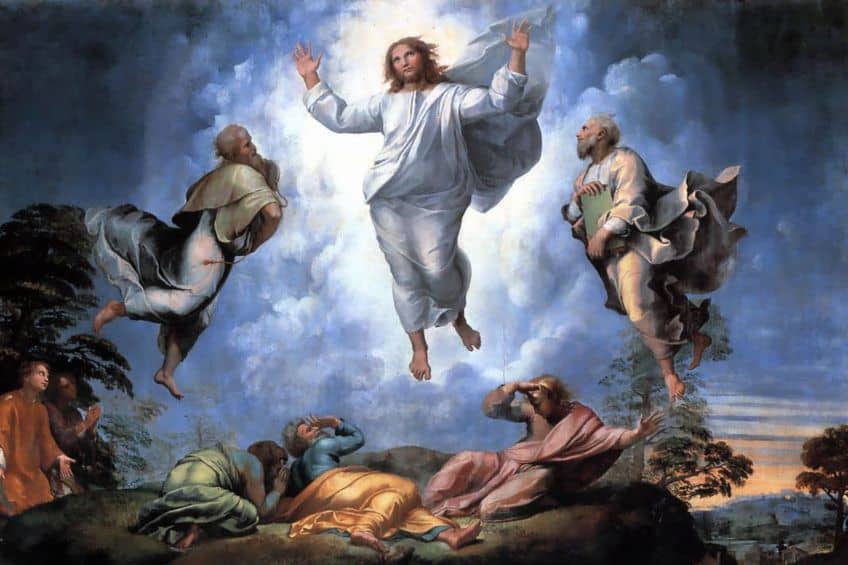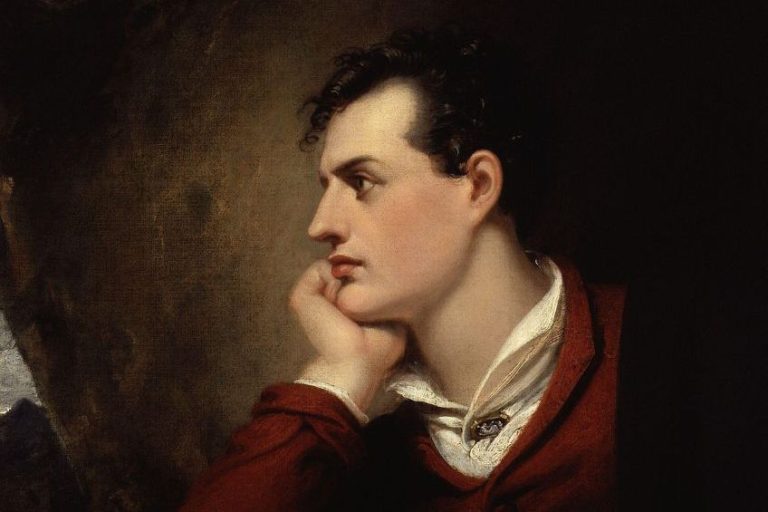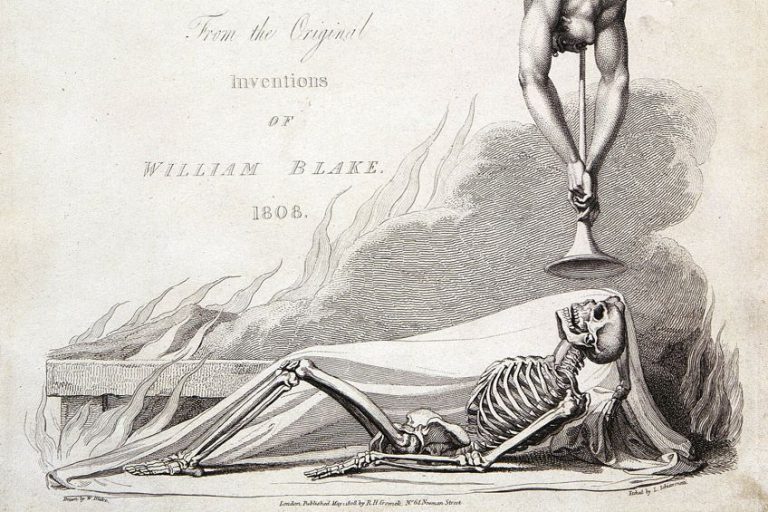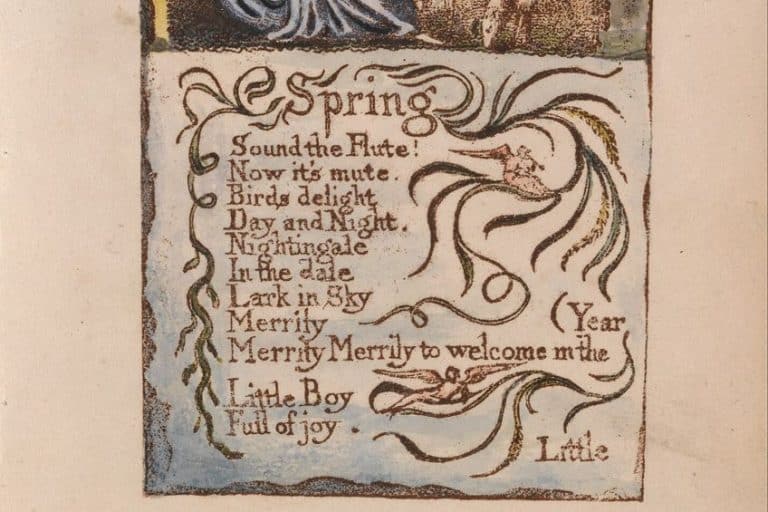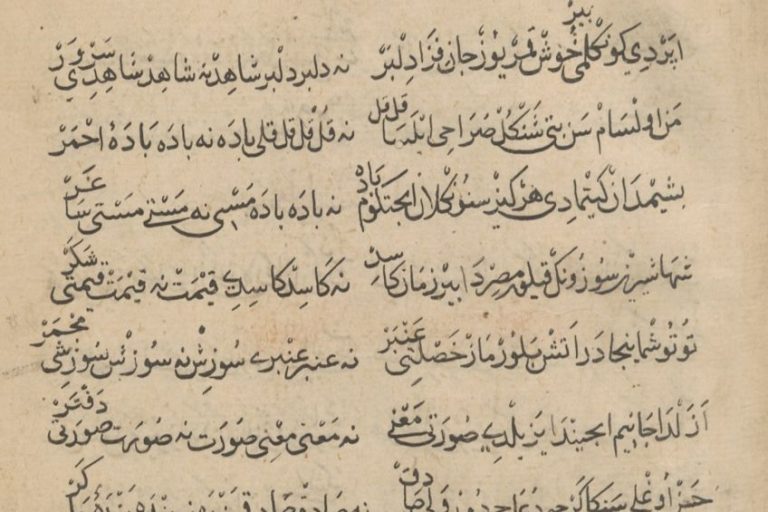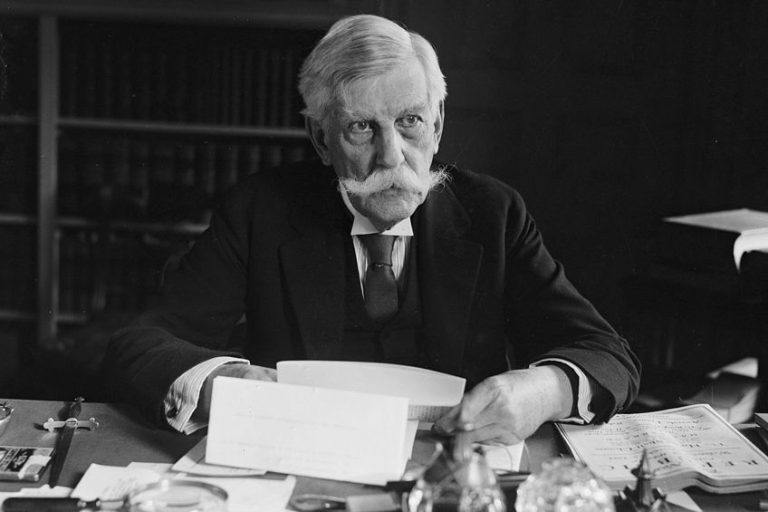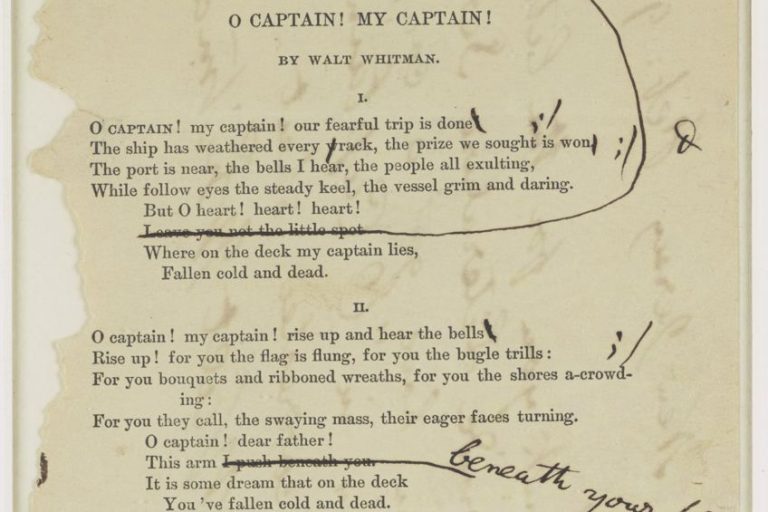Christian Poems – Famous Examples of Religious Prose
There are many stunning examples of Christian poetry from around the world, and no article on the internet will ever be able to do justice to the whole category. This article is only a small group of fifteen Christian poems, but these are some of the best-known examples of Christian poetry, and so maybe you find a few that you particularly enjoy. We will discuss each of these poems in some detail, such as looking at the message that they present to the reader. If this is something that you would like to know more about, keep reading to learn about some of the best-known instances of Christian poetry.
Table of Contents
- 1 A Look at Christian Poems
- 1.1 The Divine Comedy (1308 – 1321) by Dante Alighieri
- 1.2 The Altar (1633) by George Herbert
- 1.3 Holy Sonnets: Batter my heart, three-person’d God (1633) by John Donne
- 1.4 They are all Gone into the World of Light (1655) by Henry Vaughan
- 1.5 Paradise Lost (1667) by John Milton
- 1.6 When I Survey the Wondrous Cross (1707) by Isaac Watts
- 1.7 There is a fountain filled with blood (1772) by William Cowper
- 1.8 A Prayer (1843) by Anne Brontë
- 1.9 Jesus Loves Me (1860) by Anna Barlett Warner
- 1.10 Good Friday (1862) by Christina Rossetti
- 1.11 God’s Grandeur (1877) by Gerard Manley Hopkins
- 1.12 God’s World (1917) by Edna St. Vincent Millay
- 1.13 The Creation (1920) by James Weldon Johnson
- 1.14 Ash Wednesday (1930) by T.S. Eliot
- 1.15 Savior (1990) by Maya Angelou
- 2 Frequently Asked Questions
A Look at Christian Poems
When it comes to poems about religious thoughts, feelings, and narratives, there are many to choose from. There have been massive swaths of art over the millennia that have been explicitly inspired by religious belief, and every religion has seen a large outpouring of creative individuals producing work within that religious tradition. This is the case with Christian poetry too.
Much of the Western art world, and many of the most famous pieces of visual art from this region, is Christian in nature, but we do not hear about Christian poetry quite as often. There are many different Christian poems in our world, and there are also numerous biblical poems, as in those that are in the Christian Bible. So, while the Christian visual art world is rich and multifaceted, the same can be said of the Christian literary world.
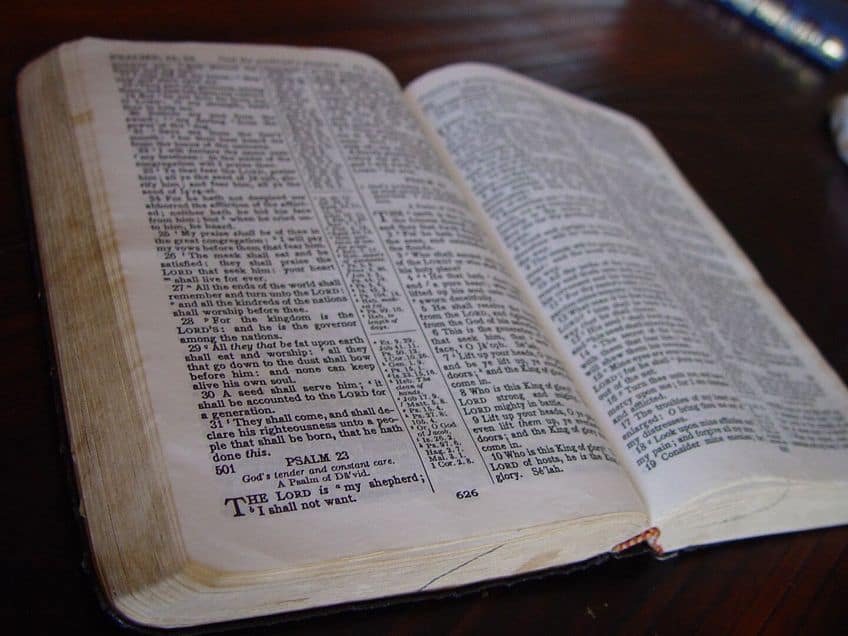
While many of the Christian poems that we will examine below are examples of hymns, this is not always the case. However, there are many Christian poems that are also examples of hymns, and many of these would be set to music. One could always continue this brief discussion by stating the obvious fact that the lyrics of songs can be seen as a kind of music, so it does not matter whether or not they were produced with the intention to be performed, but some purists may prefer to only see non-performative poetry.
Here, we will discuss a variety of types of Christian poems, such as narrative poems, hymns, sonnets, shaped poems, and biblical poems. There is so much that we can find in the tradition of Christian poetry, and much of it is focused on an exploration of the world, emotion, faith, love, adoration, and so on. Many examples of Christian poems are positive in their general message, and those are some of the primary ones that we will focus on today.
Finally, it should always be remembered with any of these lists of poems of any description: this list is incomplete.
There will always be poems that were not included in this list. There may be a great many Christian poems that you adore that never found their way onto this list. And so, there is a lot more you can learn and enjoy that is external to this list. Just keep that in mind as we dive into the oldest example of Christian poetry on this list and one of the most famous Christian poems of all time.
The Divine Comedy (1308 – 1321) by Dante Alighieri
| Date Published | 1308 – 1321 |
| Type of Poem | Narrative poem |
| Rhyme Scheme | ABA CBC CDC |
| Meter | Hendecasyllabic |
| Topic | The afterlife |
The Divine Comedy is the oldest Christian poem on this list and probably also the most famous. This poem has influenced innumerable writers over the centuries both in and outside of standard Christian circles. The full text is three immensely long volumes of poetry that cover a character’s descent through hell and their eventual journey to purgatory and eventually to heaven itself.

The first part, often known as Dante’s Inferno, has likely remained the best-known because of its horrendous imagery of the suffering in the rings of hell. The poem is, perhaps, best known for exploring the idea of the Seven Deadly Sins and how sinners will be punished based on their sin, such as the gluttonous being eternally forced into a pit of foul-smelling mud while they are continuously attacked by Cerberus.
The imagery in this Christian poem has become some of the most potent in Western literature.
The Altar (1633) by George Herbert
| Date Published | 1633 |
| Type of Poem | Shaped poem |
| Rhyme Scheme | AABB |
| Meter | Variable |
| Topic | Desire for sacrifice |
The Altar is a shaped poem that is presented to us in the form of an altar-like shape in which the first and last four lines are far longer than the rest to create an image for us. In the case of this very old example of a Christian poem, the speaker considers the significance of the altar and the idea of sacrifice.
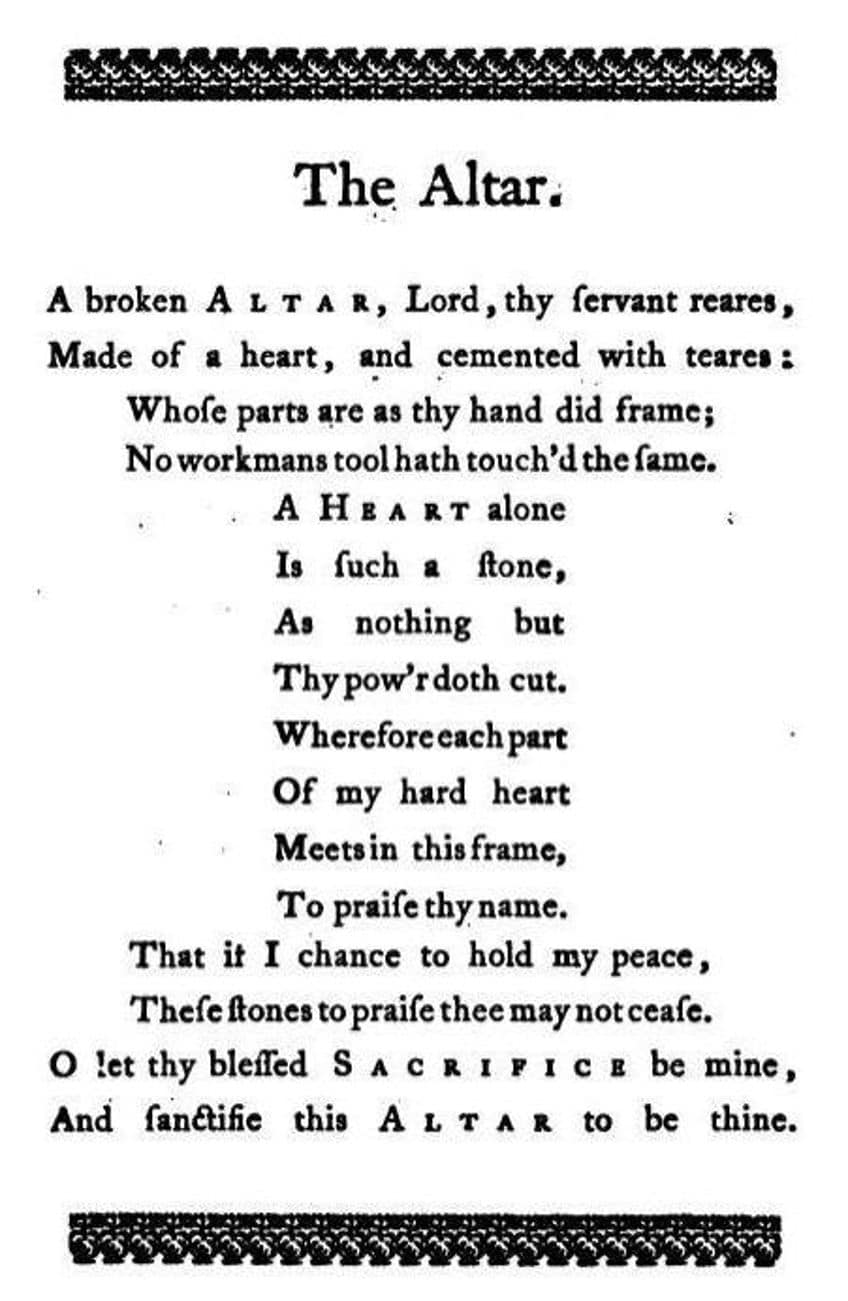
It examines the sacrifice that Jesus Christ endured during the crucifixion and wants for a different kind of sacrifice. The speaker wants to show his love and adoration for Jesus by also giving some kind of a sacrifice, but the poem is concerned with how he does not know how to approach this particular issue in his life.
He wants to make a sacrifice but does not know what kind of sacrifice to make to show his faith.
Holy Sonnets: Batter my heart, three-person’d God (1633) by John Donne
| Date Published | 1633 |
| Type of Poem | Sonnet |
| Rhyme Scheme | ABBACDDCEFEFGG |
| Meter | Iambic pentameter |
| Topic | Meditation on the divine |
Holy Sonnets: Batter my heart, three-person’d God is a poem that focuses on the idea of the divinity of god. Like many, the speaker contemplates difficulties in maintaining faith, and the image of a seducer is evoked to present us with a figure who wants god to take away his choice and to force him, in a sense, to accept god and faith more dearly in his life.
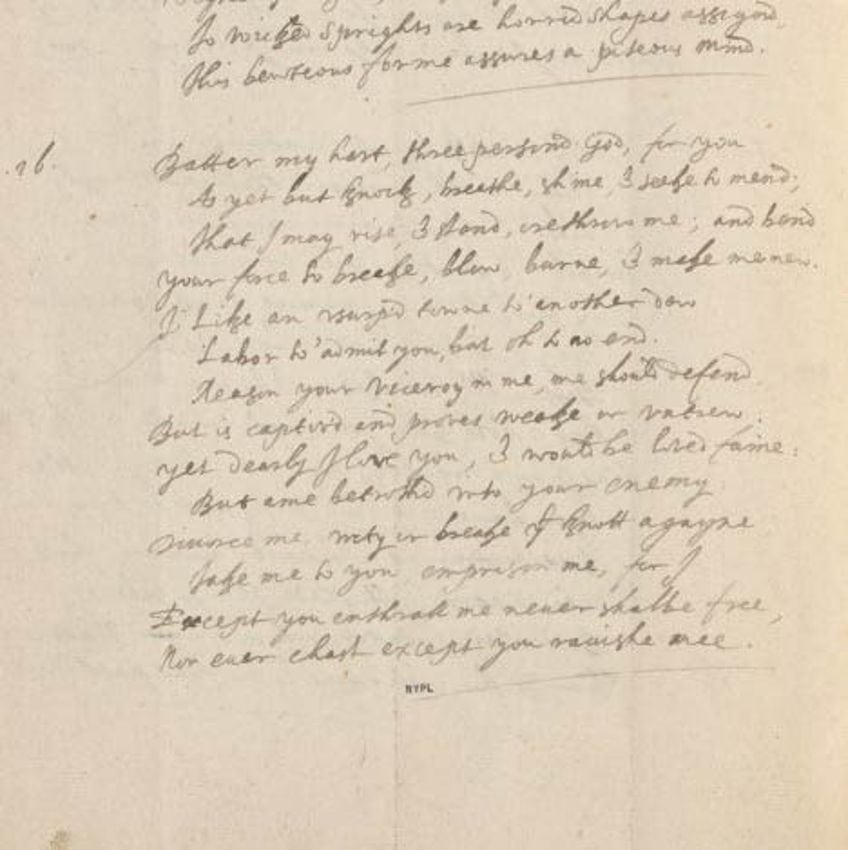
The last few lines of the poem ask God to imprison and use the speaker, and this is portrayed as working within God’s plan. However, the imagery in lines such as never being “chase, except you ravish me” may be a difficult image for some to stomach.
Although, there may also be others who find it to be a pertinent one.
They are all Gone into the World of Light (1655) by Henry Vaughan
| Date Published | 1655 |
| Type of Poem | Spiritual poem |
| Rhyme Scheme | ABAB |
| Meter | Mostly iambic pentameter |
| Topic | Death |
They are all Gone into the World of Light is a particularly long poem and one that asks questions of lamentation about what happens after we die. We all have to eventually deal with death, and religion gives us a way to cope with those kinds of feelings. The title of this poem says that all have gone to a “World of Light”, and this is a pleasant image to conjure.
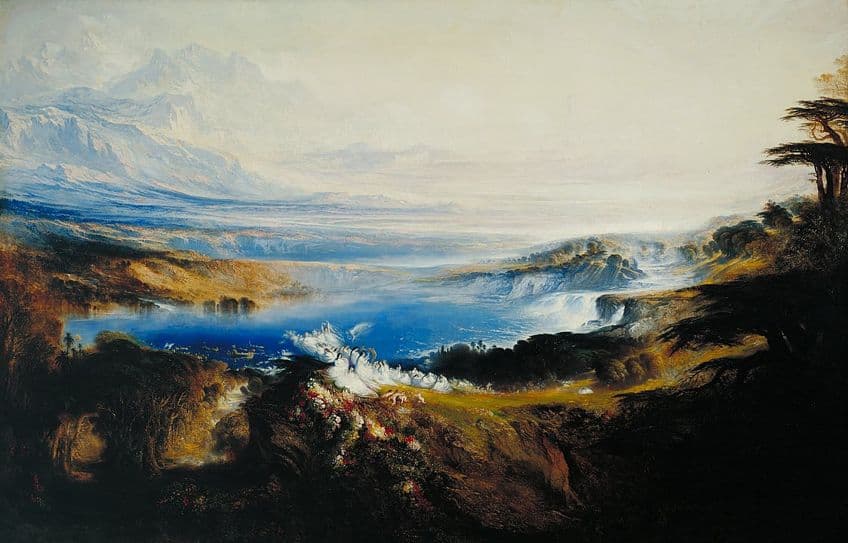
However, the poem, regardless of its acknowledgment of heaven, is still filled with longing. The speaker wants to see those they have lost over the years, and they struggle with the knowledge that they will not see those they love until they too have passed away.
This is the kind of feeling that many can likely understand in this world of ours, even those who do not hold Christian beliefs.
Paradise Lost (1667) by John Milton
| Date Published | 1667 |
| Type of Poem | Epic poem |
| Rhyme Scheme | None |
| Meter | Iambic pentameter |
| Topic | The Fall of Man |
Paradise Lost is one of the best-known Christian poems in the English-speaking world. It is also generally considered to be one of the most important English-language texts in Christian poetry. Unlike the vast majority of the poems in this list, Paradise Lost is the length of a book. It is also the story of the Fall of Man and the falling of the angels who followed Satan.
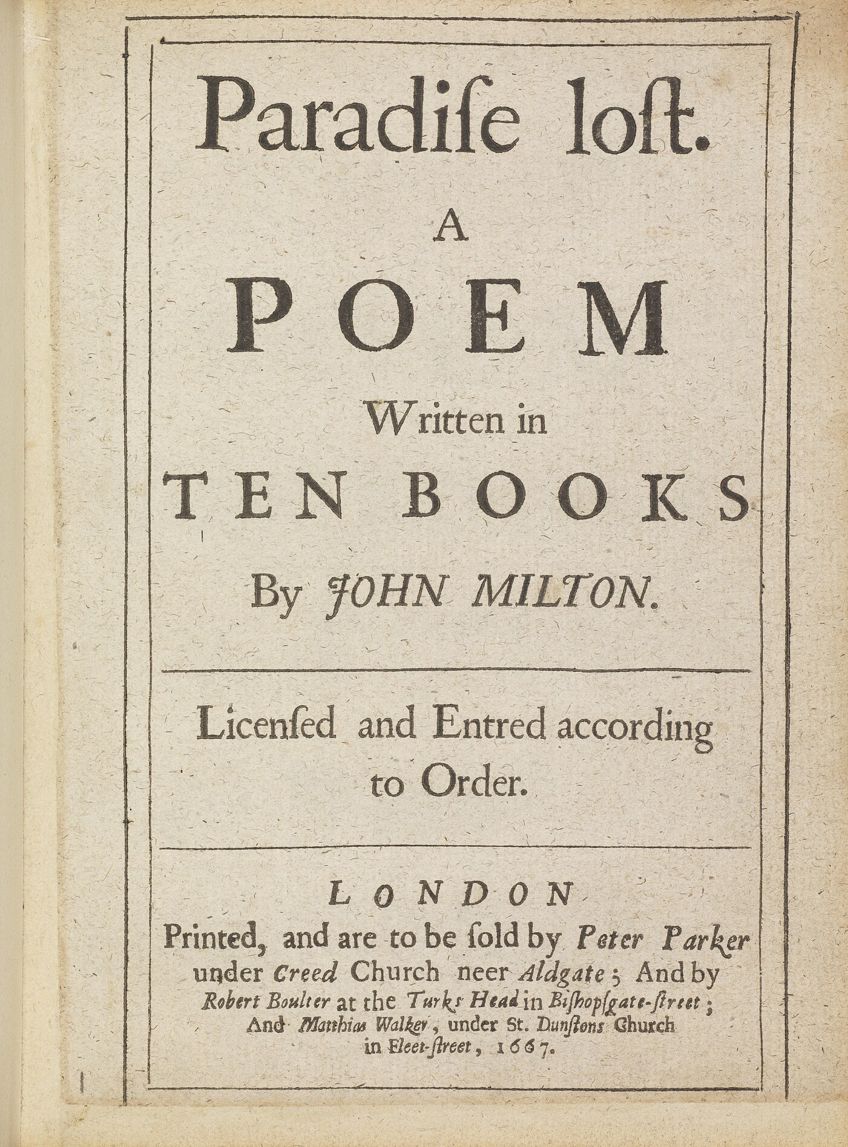
One of the most famous lines in all of Christian poetry also comes from this poem: “Better to reign in Hell than serve in Heaven”. The poem is also known for its more sympathetic portrayal of Satan, at least at the beginning of this lengthy narrative.
The use of this figure as a kind of political authority who started as an angel who was the most trusted by god but soon fell because of his own hubris is one that has remained resonant to this day.
When I Survey the Wondrous Cross (1707) by Isaac Watts
| Date Published | 1707 |
| Type of Poem | Hymn |
| Rhyme Scheme | ABAB |
| Meter | Iambic tetrameter |
| Topic | Jesus Christ |
When I Survey the Wondrous Cross is one of the many hymns that can be found throughout Christian poetry. In this case, the poem is actually a historically important one because it did not simply paraphrase from the bible, as was customary with many hymns, but was instead an original composition.
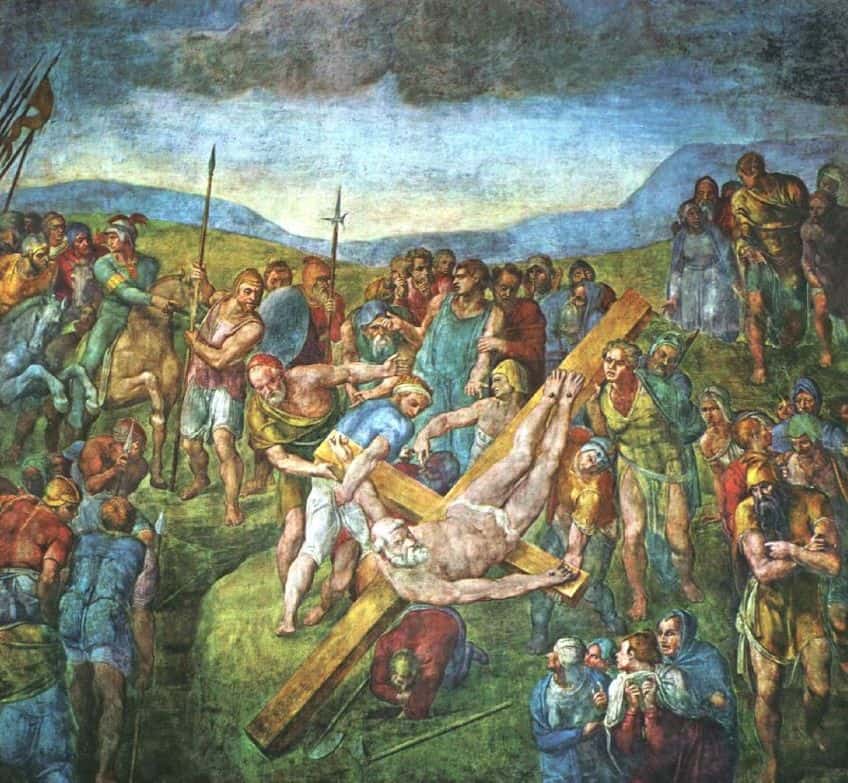
In this Christian poem, the speaker is focused on the image of Jesus Christ on the cross and the thoughts and feelings that come with considering the story of the Passion that culminated in the crucifixion. It examines the ways in which the speaker thinks about their own life after the sacrifice for which Jesus Christ is known.
The final lines focus on the love that came from this sacrifice.
There is a fountain filled with blood (1772) by William Cowper
| Date Published | 1772 |
| Type of Poem | Hymn |
| Rhyme Scheme | ABABBBAB |
| Meter | Variable |
| Topic | Guilt and sin |
There is a fountain filled with blood is a Christian poem that focuses on the image of Immanuel, who is the figure who is said to have prophesized the First Coming of Jesus Christ, and the poem explores ideas of sin and guilt through the lens of this figure.
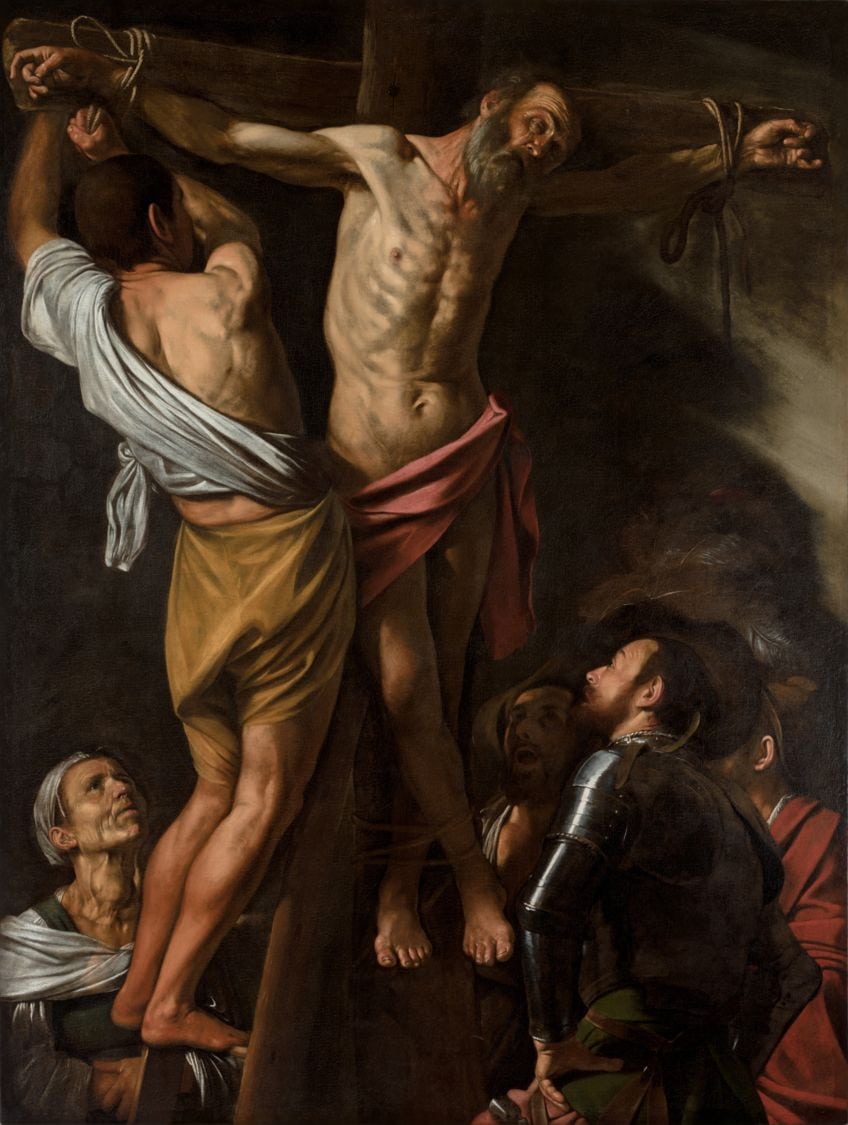
The poem is especially notable for making use of extensive repetition, such as the first stanza’s repetitive use of “lose all their guilt stains”. These repeated sections fixate on the ideas of sin that are so commonplace in much of Christian poetry. In this poem, the focus on blood is as the blood of the lamb that washes away the sins of those who have accepted Jesus Christ into their lives.
The poem wants us to be able to wash away our sins, and it uses this common Christian imagery to point towards that possibility that comes with the death of Christ.
A Prayer (1843) by Anne Brontë
| Date Published | 1843 |
| Type of Poem | Spiritual poem |
| Rhyme Scheme | ABAB |
| Meter | Iambic tetrameter |
| Topic | Faith |
A Prayer is, as the name suggests, a prayer to god. In this case, the prayer is an attempt to please God in some way. The poem is an exploration of fears and worries that are concerned with faith and following Christian doctrine. It is easy to read the poem as an attempt to assuage those fears that come with life.
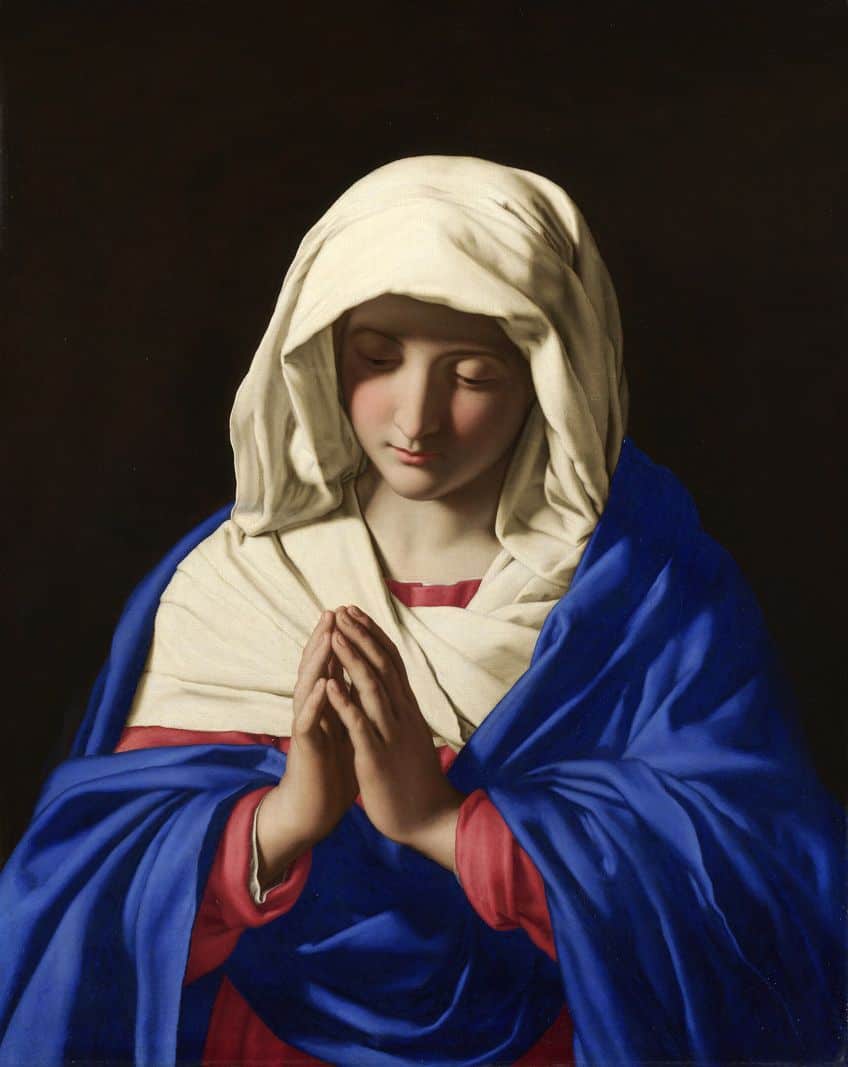
The final stanza of this Christian poem presents us with an idea that many believers likely experience and it is the inherent difficulty in maintaining faith in the face of difficulties.
There is a pleading for god to make the speaker live as they are meant to live rather than allowing them the freedom to possibly stray.
Jesus Loves Me (1860) by Anna Barlett Warner
| Date Published | 1860 |
| Type of Poem | Hymn |
| Rhyme Scheme | AABB |
| Meter | Heptasyllable |
| Topic | Comfort |
Jesus Loves Me is a hymn, and probably one of the best-known of them all and one that many can recite in part. This is a kind of nursery rhyme-style hymn that was originally written to help comfort a child who was dying. The poem is one of pure positivity that asserts that “Jesus loves me–this I know,/for the Bible tells me so”.

The meaning of the poem is generally rather easy to understand upon a single reading. It covers all the primary points, such as Jesus washing away the sin, allowing us to enter heaven, and Christ loving every single person. It has become a staple of Christian poetry in general, and many churches continue to use it to this day.
The positivity of the poem, and the acceptance that it encourages, is one that has likely resonated with many even if it has effectively become a children’s hymn in many parts of the world.
Good Friday (1862) by Christina Rossetti
| Date Published | 1862 |
| Type of Poem | Devotional poem |
| Rhyme Scheme | ABBA |
| Meter | Variable |
| Topic | Good Friday |
Good Friday is a poem that is focused on, you guessed it, Good Friday. For those unfamiliar, this is the holiday that is used to commemorate the crucifixion. It uses the metaphor of the shepherd and the sheep, which is a common one in Christian thought, to ask whether, because the speaker struggles with their faith to a degree if they are not a proper sheep to be guided by the shepherd that is Jesus Christ.
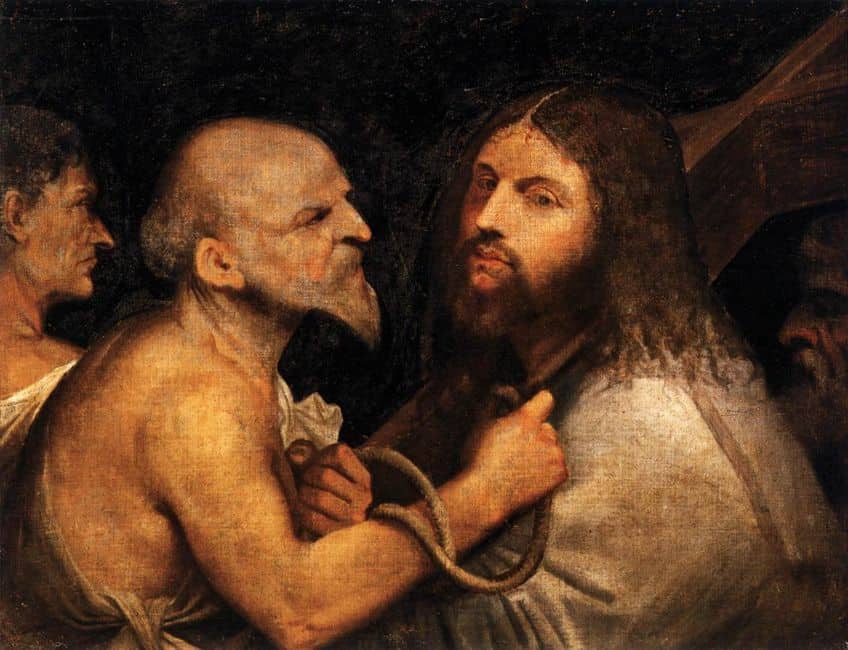
This is a difficult poem for those who may experience difficulties in entirely connecting with the stories about Jesus and the crucifixion. It is about faith and the desire to have blind faith when that seems something difficult to attain. The biblical imagery on display also requires some familiarity with the Old Testament.
For those who are experiencing a crisis of faith, this poem may aid in those feelings.
God’s Grandeur (1877) by Gerard Manley Hopkins
| Date Published | 1877 |
| Type of Poem | Sonnet |
| Rhyme Scheme | ABBAABBA CDCDCD |
| Meter | Variable |
| Topic | The grandeur of the world |
God’s Grandeur is a poem that focuses on the idea of grandeur. This is the idea of sheer greatness that can come from what has been created by god. However, the focus here is on the natural world and the way that we, as humans, have taken advantage of what has seemingly been given to us.

The world may be a glorious and beautiful place, but the work of humanity has rendered it devastated. For instance, it mentions aspects such as the way in which the soil has been stripped of its fertility because of our repeated farming of it.
The poem takes a rather dim view of human progress in the face of the natural world that has been destroyed by humans.
God’s World (1917) by Edna St. Vincent Millay
| Date Published | 1917 |
| Type of Poem | Sonnet |
| Rhyme Scheme | ABBCCDD |
| Meter | Variable |
| Topic | Appreciation of the world |
God’s World is a rather simple Christian poem, but one that many can likely understand. The poem wants us to take the world in mind and consider it for all its beauty. The poem focuses on an exploration of the natural world as it shows various elements of it, such as the wind, forests, and seasons.
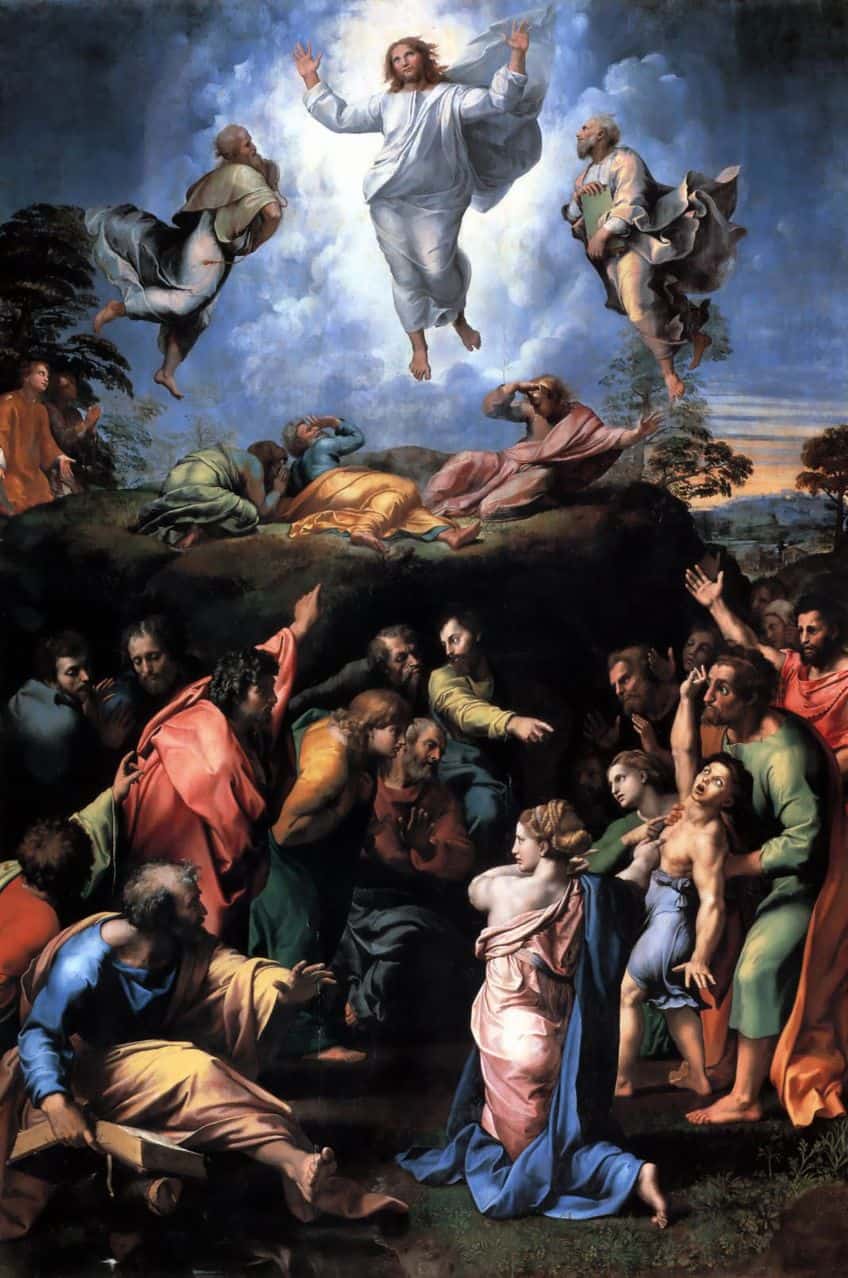
The purpose is to look at, as the title tells us, the world that god has created. The poem wants us to see and acknowledge the glory of God that can be found in the world around us. It also concludes with an image of the human within that natural world. The speaker does not know if they can necessarily handle the beauty that is around them, the majesty of all creation.
It is a great example of Christian poetry for those who want to hold an appreciation for everything that was created in the world.
The Creation (1920) by James Weldon Johnson
| Date Published | 1920 |
| Type of Poem | Free verse poem |
| Rhyme Scheme | None |
| Meter | None |
| Topic | The story of Genesis |
The Creation is a Christian poem that recounts the Creation of the world and the universe. It is a poem from the perspective of god, and it opens with god creating everything. It is a long poem that retells the entire story of Genesis up until the point where humans enter the fray. So, it focuses on the creation of the natural world before concluding with life being breathed into the first people.

The primary thrust behind this anthropomorphized view of god is to present him as a more humanlike figure. He was bored in the beginning, according to the poem, and by the end of the poem, he had finally found the kind of satisfaction he craved with creation by allowing humans to live.
This humanizing poem may not sit right with all Christians as it portrays god as more flawed than he would ordinarily be portrayed, but it may help others to feel more connected to god.
Ash Wednesday (1930) by T.S. Eliot
| Date Published | 1930 |
| Type of Poem | Modernist poem |
| Rhyme Scheme | None |
| Meter | None |
| Topic | Conversion to Christianity |
Ash Wednesday is a difficult Christian poem. The reason for this is twofold. It examines the difficulties that Eliot experienced when converting to Christianity while also being a T.S. Eliot poem. This means that the poem is loaded with allusions to other texts and takes special interest in the work of Dante Alighieri.
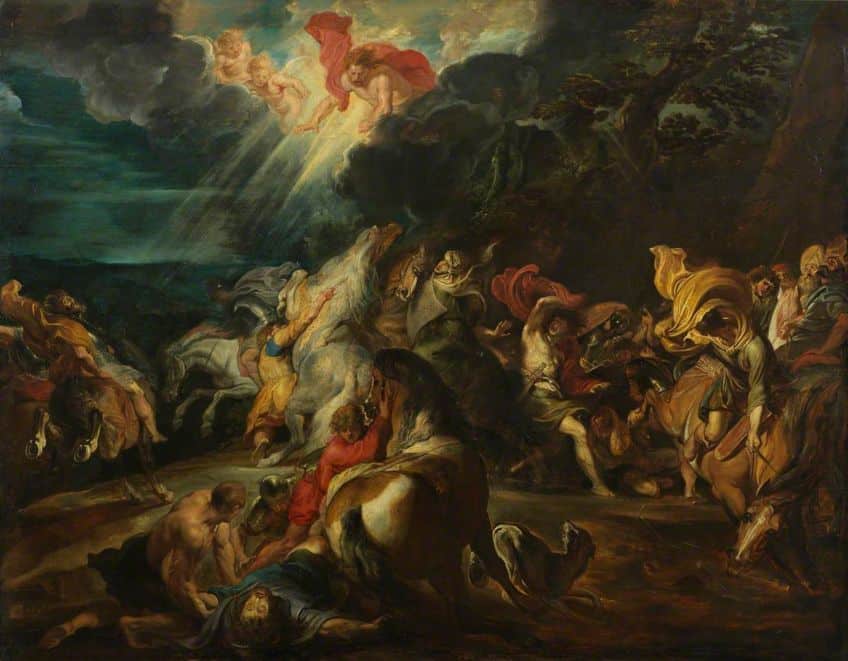
His work is always noted for its general difficulty, but in the case of this poem, it explores ideas that many Christians have doubtlessly experienced. The poem is a tale of struggle. As a man who lacked faith but eventually turned to religion, this is a poem that should be powerful to those who have experienced similar thoughts and feelings. There are many in the world who have embraced religious teachings and moving either from an atheist perspective to a theist perspective, or vice versa, is a difficult thing that requires thought and contemplation.
This poem is a stunning contemplation of the former.
Savior (1990) by Maya Angelou
| Date Published | 1990 |
| Type of Poem | Spiritual poem |
| Rhyme Scheme | None |
| Meter | None |
| Topic | Changes |
Savior is a phenomenal contemporary Christian poem. It is also a poem by one of the poets who is seen as one of the greatest of the 20th century. In this poem, the speaker focuses on the problems and changes that have come into the world since the time of Jesus Christ. For instance, it opens with a mention of “petulant priests” and “greedy centurions”. It is a poem that wants the Second Coming to occur sooner rather than later because, as it stands, the message of Christ has not been maintained.
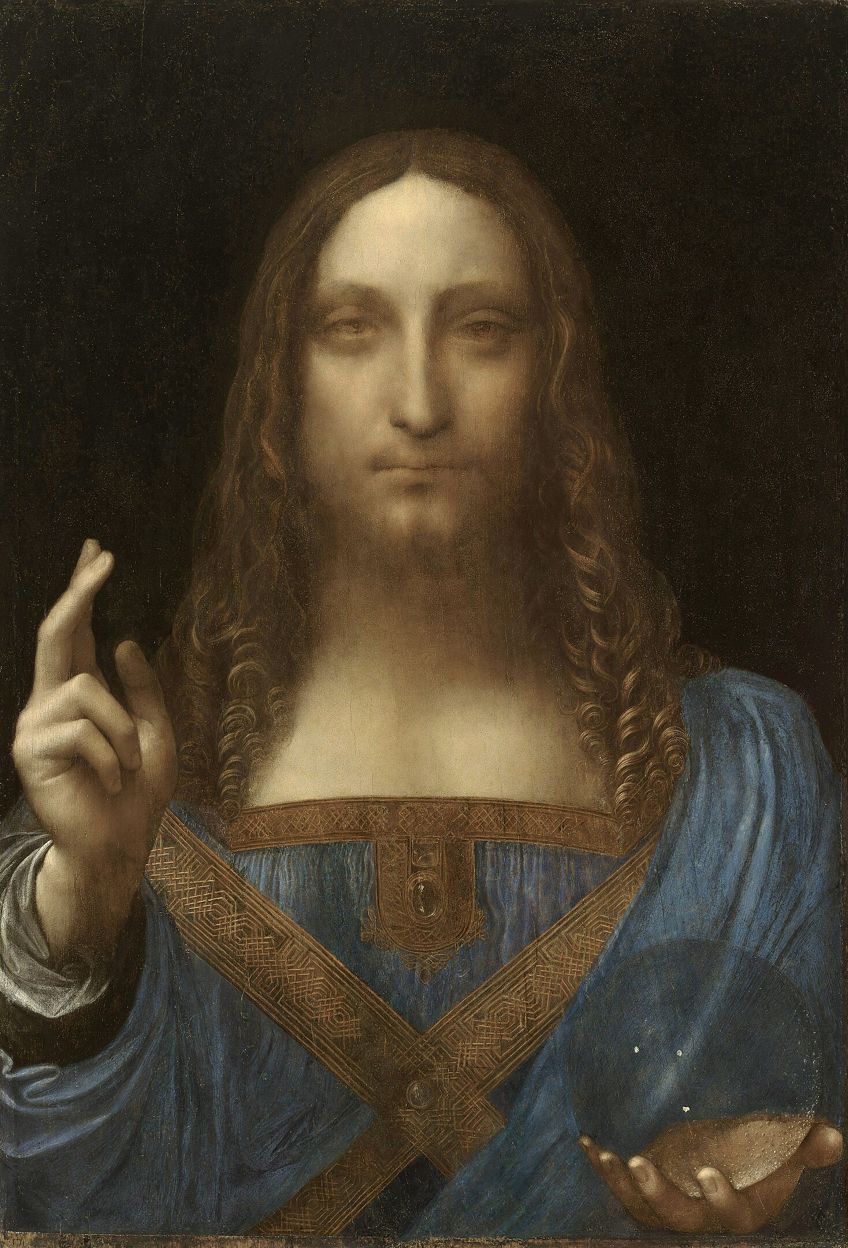
One of the most potent images in this poem is how it states that the sacrifice of Christ has been “reduced to stain glass”, which shows the disparity between faith in Jesus Christ and the power of the church as an entity. While this poem is not as positive about Christianity as some of the other poems on this list, it is still one that wants a true Christianity based on Christ rather than one based on opportunists who would seek to use the religion for their own ends.
The history of Christianity is long. It has been around for a particularly long time, and many artists, musicians, writers, and so on have been greatly inspired by their faith. This article has attempted to examine some of the best-known examples of Christian poetry out there, but it is clearly a very short list of everything that has been produced. So, if you want a lot more than only this tiny subset of Christian poems, then you will need to find some more for yourself. However, as there are so many out there, you shouldn’t have too difficult a time with this task.
Frequently Asked Questions
What Is a Christian Poem?
This is an example of a poem that, in some or another way, expresses Christian ideas, themes, narratives, and so on. There is no such thing as a type of poetry that is explicitly Christian, and so an example of Christian poetry could be a sonnet, sestina, or limerick. There are no definitive rules in this instance. Many Christian poems tend to be about faith, beauty, biblical narratives, and references to biblical ideas. The one unifying thing about Christian poetry is that they are all about something related to Christianity.
Are There Poems in the Bible?
There are many biblical poems that can be found in the Christian Bible. For instance, some of the books, like Psalms and Proverbs are essentially collections of poems or poetic-style writings. While we do not often associate the Bible with poetry on its own, there are also many instances of the Bible being written in a more poetic form of language. So, ultimately, there are many biblical poems and many stretches of text in the Bible that read like poems.
Are All Christian Poems Also Hymns?
There are many Christian poems that are not hymns at all. For instance, one of the most famous Christian poems of all time is The Divine Comedy (1308 – 1321) by Dante Alighieri. This poem is a large, three-volume epic of a text that recounts the narrative of a man descending into hell and then rising up through purgatory and into heaven. However, there are many Christian poems that also double as hymns because they are a very popular type of Christian poetry.
Are All Christian Poems Positive About Christianity?
There are many poems that are not particularly positive about Christianity and yet can be termed Christian poems. For instance, something like Ash Wednesday (1930) by T.S. Eliot portrays a spiritual struggle. There can also be examples of poetry that are about someone’s rejection of Christianity, and while some may argue that this then stops it from being a Christian poem, it is still about Christianity. However, most of the best-known Christian poems are those that are more positive about Christianity in general.
Do You Have to Be Christian to Enjoy a Christian Poem?
While Christians may often be the primary target market for Christian poems, one can enjoy a Christian poem without being a Christian at all. One could enjoy the texts for their literary value alone or for their historical or philosophical musings. There are many reasons why someone may wish to read an example of Christian poetry, and it is not necessarily because they wish to reaffirm their beliefs. Some may simply wish to read an enjoyable poem.
Justin van Huyssteen is a freelance writer, novelist, and academic originally from Cape Town, South Africa. At present, he has a bachelor’s degree in English and literary theory and an honor’s degree in literary theory. He is currently working towards his master’s degree in literary theory with a focus on animal studies, critical theory, and semiotics within literature. As a novelist and freelancer, he often writes under the pen name L.C. Lupus.
Justin’s preferred literary movements include modern and postmodern literature with literary fiction and genre fiction like sci-fi, post-apocalyptic, and horror being of particular interest. His academia extends to his interest in prose and narratology. He enjoys analyzing a variety of mediums through a literary lens, such as graphic novels, film, and video games.
Justin is working for artincontext.org as an author and content writer since 2022. He is responsible for all blog posts about architecture, literature and poetry.
Learn more about Justin van Huyssteen and the Art in Context Team.
Cite this Article
Justin, van Huyssteen, “Christian Poems – Famous Examples of Religious Prose.” Art in Context. December 4, 2023. URL: https://artincontext.org/christian-poems/
van Huyssteen, J. (2023, 4 December). Christian Poems – Famous Examples of Religious Prose. Art in Context. https://artincontext.org/christian-poems/
van Huyssteen, Justin. “Christian Poems – Famous Examples of Religious Prose.” Art in Context, December 4, 2023. https://artincontext.org/christian-poems/.


